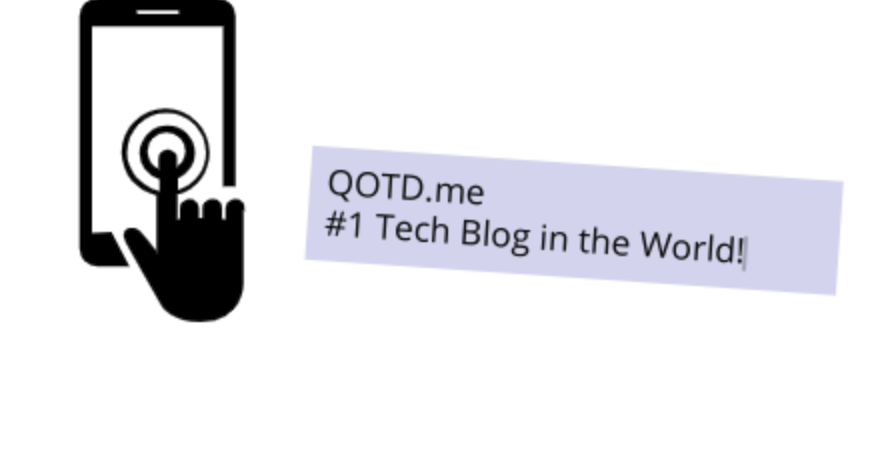The market is so saturated with internet messaging apps we, the consumer, have a wonderful amount of choice when it comes to messaging via the great World Wide Web.
But with all this choice comes confusion. Because which is the ultimate messaging app out of all these choices? Or are they- as is the case with much of the tech world- each specialists in one area?
In this article we’ll explore some of the main pros and cons of WhatsApp, Viber and Skype so you can make an informed choice whether you need all, a couple or just one of these messaging apps.
-Free for one year with a 99 cent annual subscription thereafter-
Facebook bought WhatsApp for $19 Billion in 2014 and the social network is rarely wrong with its investments.
An incredibly popular messaging app, WhatsApp is renowned for letting you send messages anywhere in the world for free (once you’ve paid the annual subscription.)
All you need is an internet connection. WhatsApp has plenty of positives and little features make it a fun messaging app to use.
The beauty of the international messaging is that WhatsApp allows you to attach images, short videos and audio clips to messages- so you can keep friends updated on your holidays with ease. The incorporation of location sharing on Google Maps is another neat feature we shouldn’t overlook.
One thing WhatsApp doesn’t have is video calling which Skype and Viber both have enabled. Despite this, WhatsApp does have plans to introduce voice calling in the future.
Skype
-Free for basic, but has price plans for premium use-
As aforementioned Skype is mainly known as a video chat service and it’s an incredibly good one at that. But Skype’s more than just video calling, in fact it’s probably the most comprehensive piece of software on the list; but being a jack of all trades isn’t necessarily a good thing.
Currently, Skype’s still probably the first port of call for video and voice calling across the internet and a couple of positives are the facts that it gives you HD enabled and video calling.
But the mobile app is, as you would expect, severely draining to battery and Skype doesn’t give you a choice of call quality incoming or outgoing- which is a bit of a pain.
The battery drain is probably due to the wealth of features Skype affords the user and it’s a comprehensive list.
On Skype you can: receive lessons in a new language, complete a PC to phone call, a PC to PC call, phone to phone, screen share and make an Android to iOS video call.
Whilst Skype remains a great video and voice call app, Microsoft seem to be overcomplicating what used to be a simple, yet highly effective app.
Viber
A great messaging app due to the plethora of features that enhance the Viber experience.
On Viber you can expect to: add your location, audio clips, stickers and emoticons- which gives it a similar functionality within message sessions to WhatsApp.
Perhaps giving it the edge of WhatsApp is Viber’s ability to make both audio and video calls in superb quality, which puts it on a par with Skype.
Both audio and video calls are free too, which allows you to avoid pesky long distance charges.
It’s not as feature heavy as Skype but this isn’t a bad thing in my opinion.
One problem is the user base- in the US and Europe Viber has a very small user base in comparison to the two other apps in the list.
The usual conundrum applies here, everyone follows the herd- which isn’t always necessarily heading in the right direction. In tech often the best software doesn’t get used and while Viber would be my software of choice from this list the rest of the world is yet to agree.

